For millennia, the family unit has served as the bedrock of human society. Yet a growing chorus of anthropologists now warns that this fundamental institution stands on the brink of unprecedented transformation. Their startling consensus suggests that within the next half-century, we may witness the complete reconfiguration of what constitutes a family - a shift that could rewrite the rules of human bonding, child-rearing, and social organization.
The traditional nuclear family - that longstanding model of two parents and their biological children - already shows signs of fracture across industrialized nations. Declining marriage rates, rising divorce statistics, and the normalization of alternative living arrangements all point to a society in flux. But researchers argue these are merely the tremors before a seismic shift in how humans structure their most intimate relationships.
Economic pressures and technological disruption are accelerating these changes in ways our ancestors could never have imagined. The skyrocketing costs of housing and education have made child-rearing prohibitively expensive for many. At the same time, artificial reproductive technologies and genetic engineering advancements are decoupling procreation from traditional relationships. These forces combine to create what some scholars term "the perfect storm" for family restructuring.
Urbanization plays a crucial role in this transformation. As populations concentrate in cities, the economic calculus of family life changes dramatically. The multigenerational households common in agricultural societies become impractical in cramped urban apartments. Instead, we see the rise of "chosen families" - networks of close friends who provide emotional and practical support without biological ties. These arrangements, once considered radical, are becoming mainstream among younger generations.
The workplace revolution further complicates the picture. With remote work dissolving geographic boundaries and gig economies replacing stable careers, the notion of settling down in one location with a lifelong partner seems increasingly antiquated. Anthropologists observe emerging patterns of serial monogamy across multiple cities, with individuals maintaining simultaneous relationships in different locations - a phenomenon dubbed "geo-romantic dispersion."
Perhaps most revolutionary is the changing concept of parenthood itself. Advances in reproductive technology mean a child could soon have multiple genetic parents - an egg donor, sperm donor, mitochondrial donor, and gestational carrier - none of whom necessarily raise the child. Some futurists speculate about "modular parenting," where different adults contractually assume specific child-rearing roles for set time periods. While controversial, such arrangements may become legally recognized family structures.
Cultural attitudes are shifting just as rapidly as the technology enabling these changes. Younger generations show decreasing interest in marriage certificates as validation for their relationships. The stigma around single parenthood continues to fade, while polyamorous relationships gain increasing social acceptance. These evolving norms suggest society is becoming more comfortable with diverse family configurations.
Demographic trends add another layer of complexity. Aging populations in developed nations create new family dynamics, with more adults caring for elderly parents than raising young children. In some countries, "vertical families" spanning four or five generations are becoming common, while traditional nuclear families decline. This longevity revolution forces us to reconsider how we allocate caregiving responsibilities across the lifespan.
The implications for children raised in these new family structures remain uncertain. Some psychologists warn that constant reconfiguration of household compositions could create attachment issues, while others argue children benefit from broader support networks. What seems clear is that the childhood experience of 2070 will likely differ radically from that of 1970 or even 2020.
Legal systems worldwide struggle to keep pace with these changes. Inheritance laws, parental rights, and even basic concepts like "next of kin" require redefinition when people maintain multiple concurrent partnerships or when children have numerous genetic contributors. The coming decades will likely see intense legal battles over these emerging family paradigms.
Economic structures must adapt as well. The traditional family served as an efficient unit for resource pooling and intergenerational wealth transfer. New models will require innovative financial instruments and social safety nets. Some nations may experiment with "family portfolios" that allow groups of adults to share assets and liabilities without marital contracts.
Religious institutions face perhaps the greatest challenge in adapting to this new reality. Many faiths base their moral teachings on specific family structures now facing obsolescence. How these traditions reconcile doctrine with social change will significantly impact their relevance in coming decades.
Despite the uncertainty, anthropologists emphasize that family transformation doesn't equate to family demise. Humans appear hardwired for intimate bonding and child-rearing cooperation - we're simply finding new ways to fulfill these ancient needs. The family isn't disappearing; it's multiplying into diverse forms our ancestors couldn't have imagined.
As we stand at this crossroads, one truth becomes clear: the next fifty years will test humanity's capacity for social innovation just as the industrial revolution tested our capacity for technological progress. The families of tomorrow may look nothing like those of today, but they'll likely continue serving the same fundamental human needs - just packaged in radically different social containers.
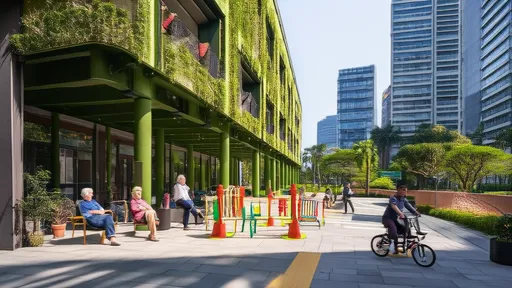
By /Jul 28, 2025

By /Jul 28, 2025

By /Jul 28, 2025

By /Jul 28, 2025

By /Jul 28, 2025
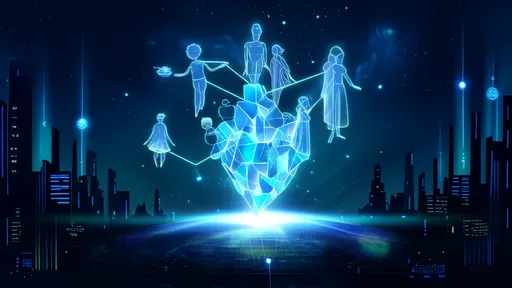
By /Jul 28, 2025
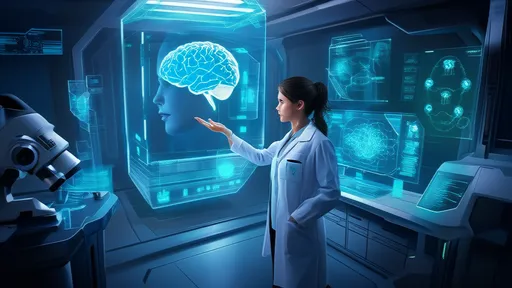
By /Jul 28, 2025

By /Jul 28, 2025

By /Jul 28, 2025

By /Jul 28, 2025

By /Jul 28, 2025

By /Jul 28, 2025

By /Jul 28, 2025

By /Jul 28, 2025
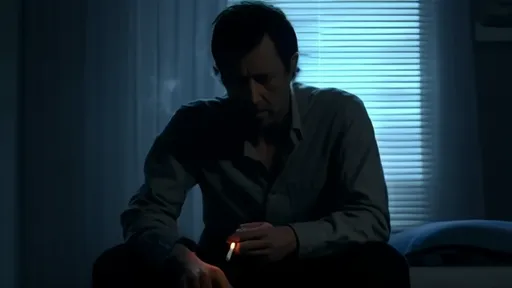
By /Jul 28, 2025

By /Jul 28, 2025

By /Jul 28, 2025

By /Jul 28, 2025

By /Jul 28, 2025
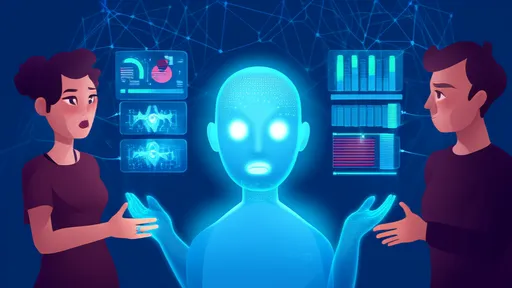
By /Jul 28, 2025